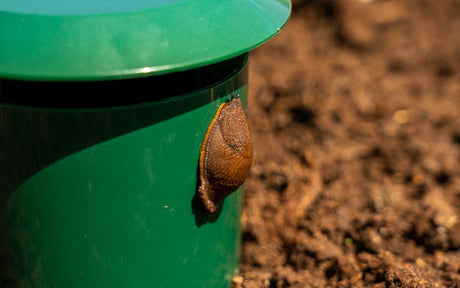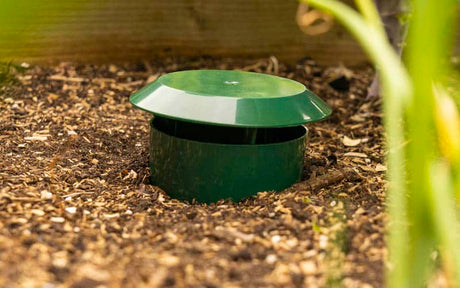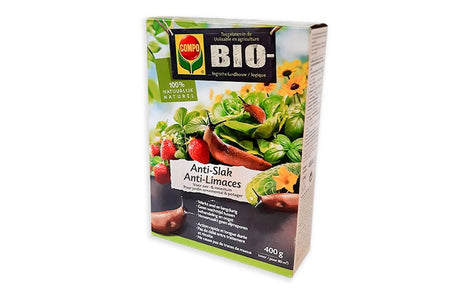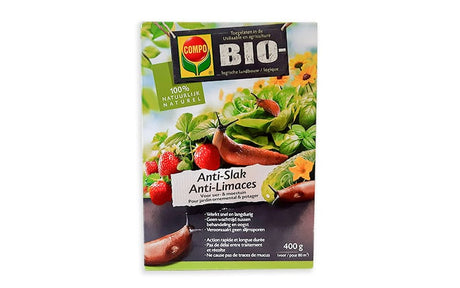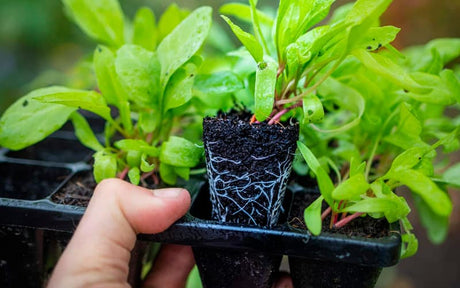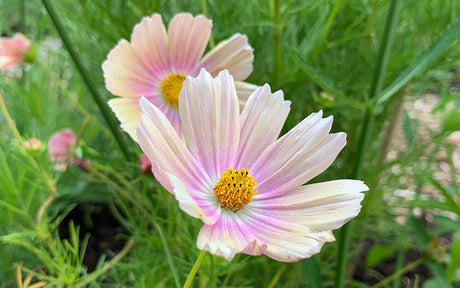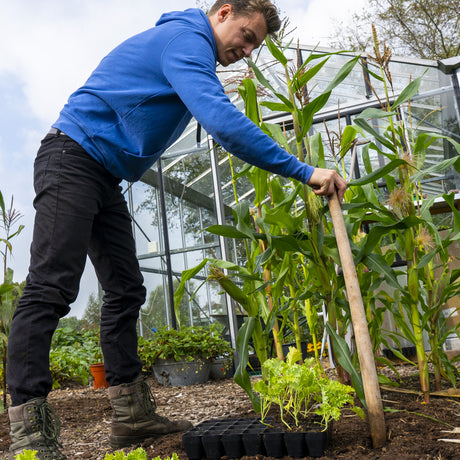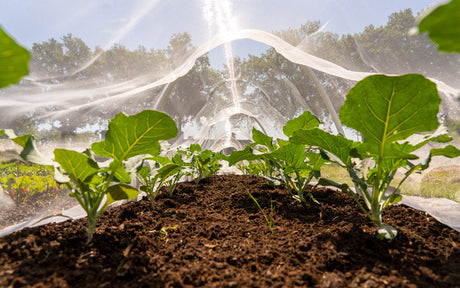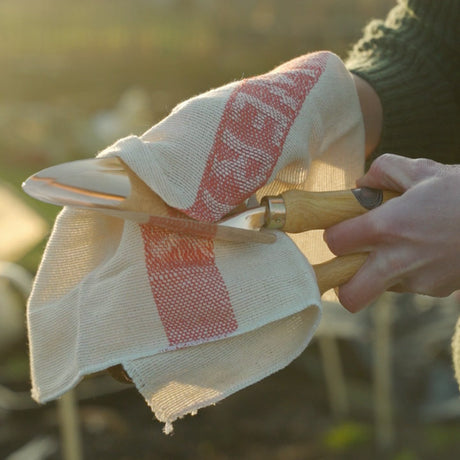Dealing with slugs and snails can quickly become a gardener's biggest challenge, especially after rain when these pests are most active. Our carefully selected products and proven strategies help you regain control of your garden, ensuring your vegetables and plants can thrive without the damage caused by these unwelcome guests.
Effective Strategies to Combat Slugs and Snails in Your Garden
Understanding Slugs and Snails
Slugs and snails can cause significant damage to a wide range of plants, especially soft-leaved vegetables like cabbage. Understanding the difference between these pests is crucial as it influences the control strategies. While snails carry a shell, slugs do not, affecting their mobility and habitat preferences. Both seek damp, covered environments, making proactive garden maintenance a key preventive measure.
Comprehensive Slug and Snail Control Plan
Preventing and controlling slugs and snails involves several steps, from environmental management to direct intervention:
Garden Maintenance
Maintaining your garden by keeping the grass short and removing unnecessary debris reduces hiding spots for slugs and snails, making your garden less inviting. Watering your plants in the morning rather than in the evening will help keep the topsoil dry and less attractive to these moisture-loving pests.
Physical Barriers
Our specially designed grow tents and covers, such as fleece and mesh, also play a crucial role in protecting your plants from slugs and snails. These barriers prevent pests from reaching the plants while allowing light and water to pass through, which is vital for plant health.
Using Eco-Friendly Products
For direct control, our eco-friendly options include slug and snail traps and anti-slug pellets. These methods safely reduce slug and snail populations without harmful chemicals, protecting your garden's ecosystem. Learn more about setting up effective barriers and traps in our detailed guide: [When to Combat Slugs and Snails](/blogs/sowing-and-growing/when-to-combat-slugs).
Simple Solutions
Consider innovative, non-toxic methods like creating a beer trap or using sacrificial plants. Beer traps attract and drown slugs and snails, effectively reducing their numbers. Planting sacrificial plants diverts their attention from your main crops, sparing your valuable plants from damage.
Natural Deterrents
Coffee grounds can be a natural repellent due to their caffeine content, which is toxic to slugs and snails. Sprinkling coffee grounds around your plants can help keep them at bay, though it should be used cautiously around sensitive plants due to potential growth inhibition.
Securing Your Garden All Year Round
Implementing these strategies effectively requires consistent effort and regular monitoring of your garden. By staying vigilant and using a combination of the above methods, you can significantly reduce the impact of slugs and snails on your garden, ensuring your plants remain healthy and productive throughout the year.


